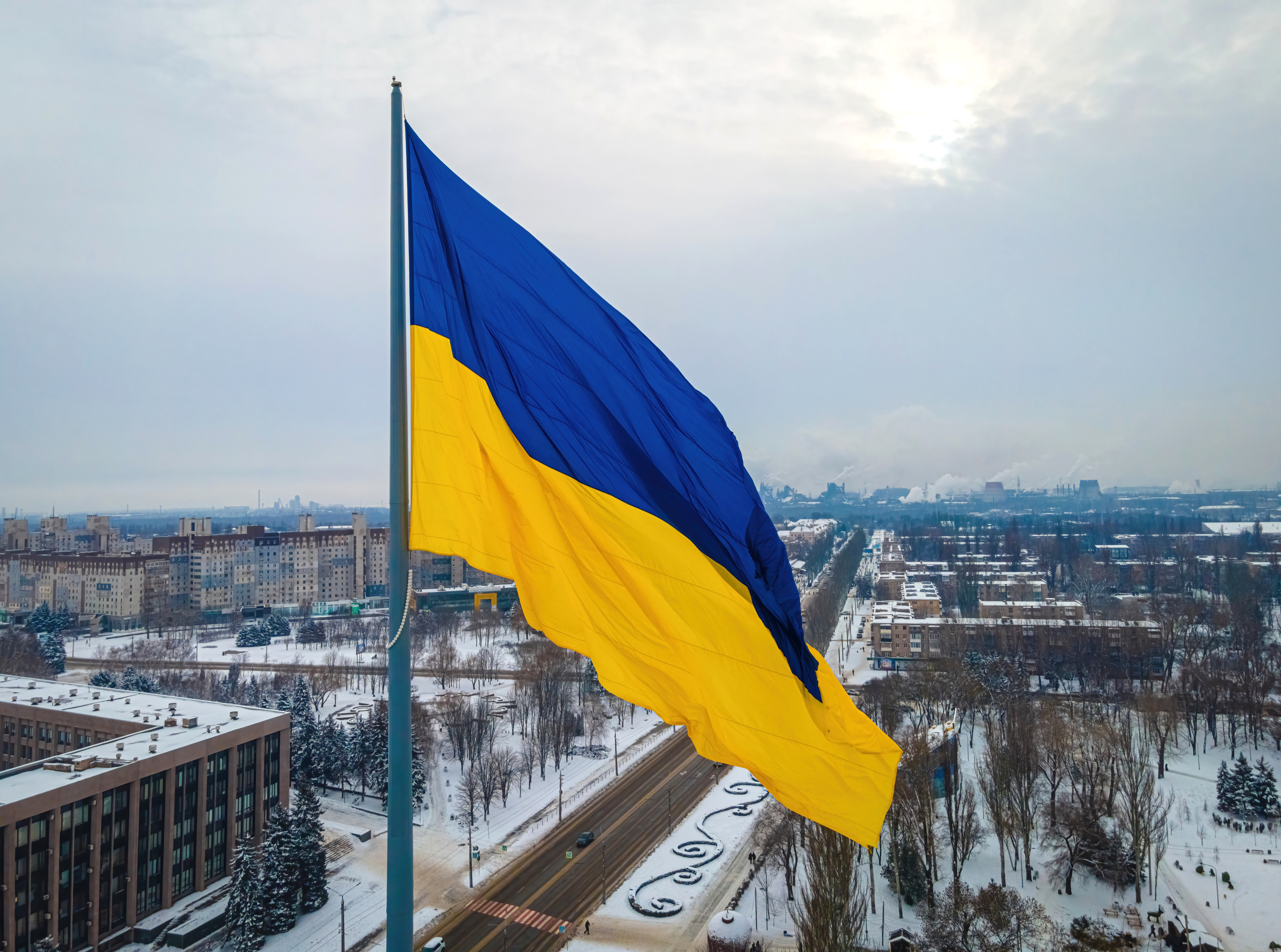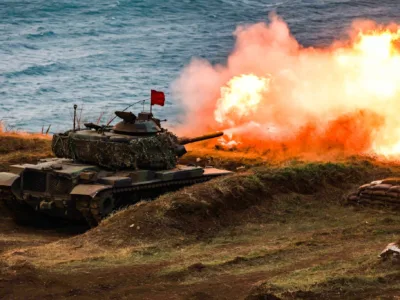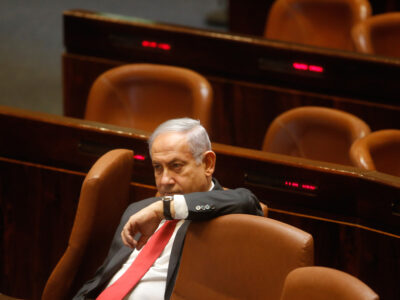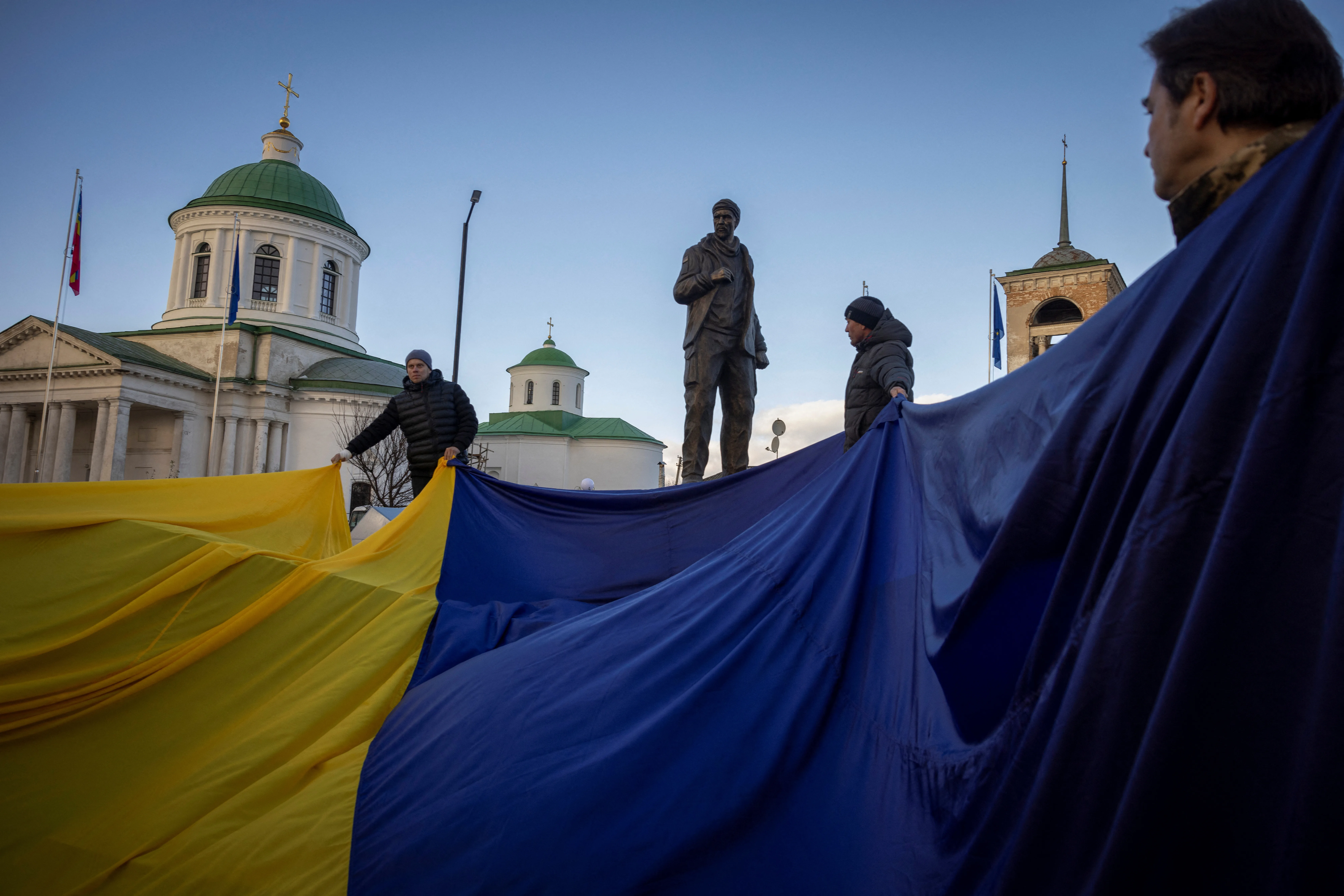-

U.S. Arms Sales and Transfers Policy
Watch Senior Research Fellow William Hartung on C-Span’s Washington Journal to discuss U.S. arms sales and transfers policy amid the wars in Ukraine and Gaza.
What is
the Quincy Institute?
The Quincy Institute promotes ideas that move U.S. foreign policy away from endless war, toward military restraint and diplomacy in the pursuit of international peace. We are building a world where peace is the norm and war is the exception.
No time to stay on top of world events? Get our latest expert foreign policy analysis delivered straight to your inbox, every week.
Quincy Spotlight
Research at the Quincy Institute
As a research institution, we expose the dangerous consequences of an overly militarized American foreign policy and present an alternative approach, centered on diplomacy and military restraint.
Our Research
Our cutting-edge research spans across six geographic and thematic teams and forms the basis for our advocacy and outreach.
Events & Webinars
The Quincy Institute hosts frequent debates, panel discussions, book talks, and other events virtually and in person that challenge the status quo, amplify underrepresented perspectives, and propose bold solutions. These are the conversations you will find beyond cable news or on the front pages of the newspaper.
-

Book Talk – Collisions: The Origins of the War in Ukraine and the New Global Instability
Join us for a conversation of Michael Kimmage’s new book, “Collisions: The Origins of the War in Ukraine and the…
-
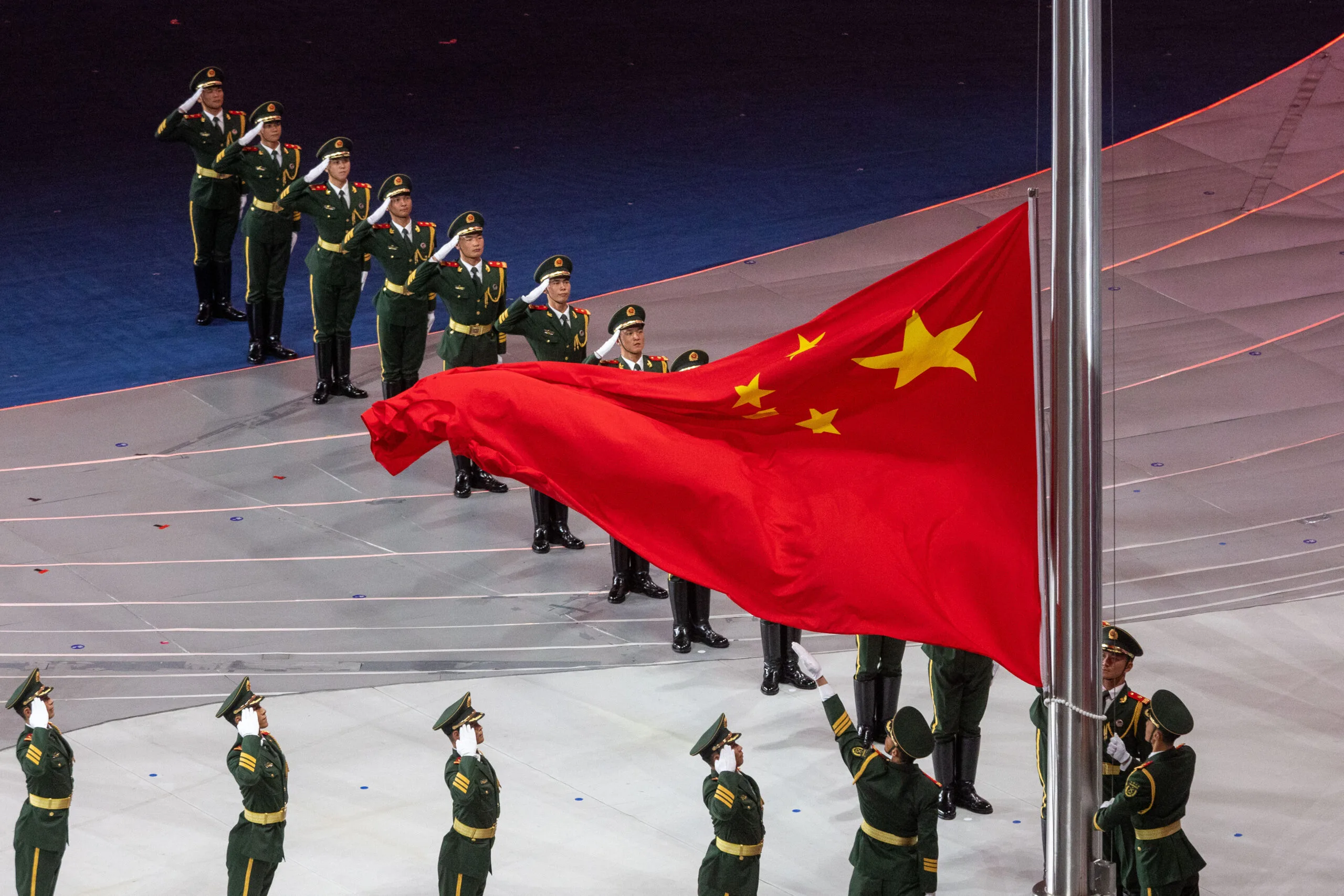
China as a Hegemonic Challenge?
Join us as we discuss and debate the China challenge.
Experts in the Media
Quincy Institute experts are frequently called upon to offer their analysis on breaking foreign policy news. Our trusted perspective on restraint in foreign policy is a critical contribution to the national conversation.
Other Key Topics
These are collections on timely topics of particular current interest.
